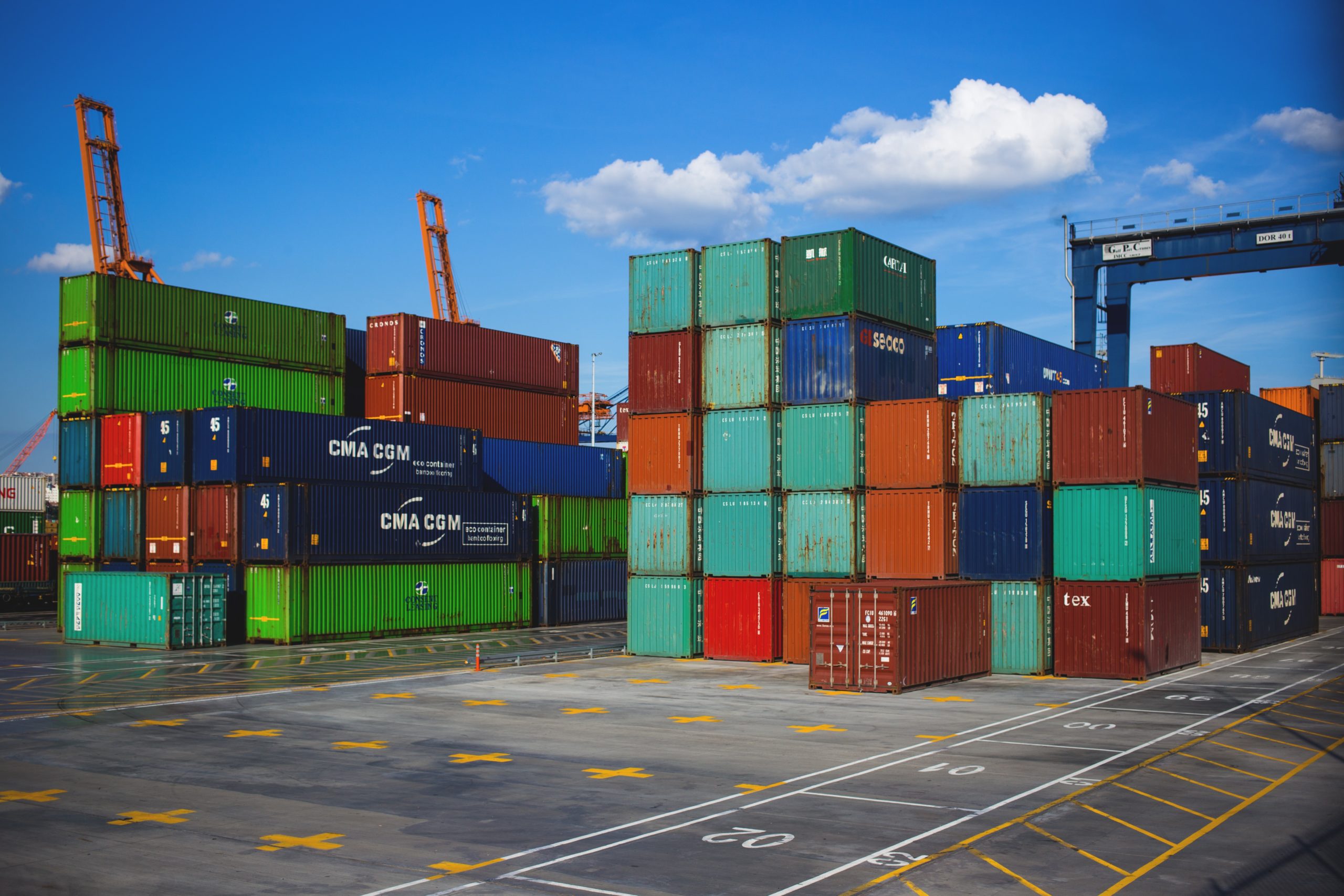If your business regularly sends volumes of road, sea, or air freight to the USA and Europe, the chances are that you’ve probably considered using shipping containers. While pallet shipping is useful for a whole range of goods, shipping containers can provide a more flexible solution to some businesses. But if you’re using shipping containers, it’s really important to know what you can and can’t put in them.
Five Things You Should Never Put in a Shipping Container
Living Things
Be it people, animals, or plants, shipping containers were not designed to carry living things. They are dark. They do have air vents, but not sufficient for a healthy flow of air for living creatures. And very few have temperature control. And with shipping containers frequently used for long distance transportation, and longer-term storage, it’s unlikely that any living thing could survive a journey within one.
It’s also important to remember that most countries have intense restrictions on the movement of all living entities. Plants and animals can represent a significant biohazard. So, if in doubt, don’t do it.
Flammable goods
Shipping containers look like they’re as sturdy as you can get. But that doesn’t make them impervious to fire. On average there is a fire onboard a container ship every week, with a major container fire occurring on average every 60 days. That’s why highly flammable substances should never be included in shipments. And the term ‘highly flammable’ can refer to a wide range of goods: aerosols, batteries, fireworks, fertilisers, cleaning products, nail varnish, solvents, and oils, among other things.
If a fire does break out, it has the potential to not just destroy your shipment, but everyone else’s too. Not to mention endangering the lives of everyone on board the ship.
Perishable goods
There are shipping containers – reefer containers – designed specifically for the movement of perishable goods. They offer temperature control. But standard shipping containers do not. Using them to transport food, medicine, and other perishable goods, it simply inviting trouble.
Small valuable or irreplaceable items
The reason shipping containers are so useful is that they’re easily transportable, and you can fit a lot in them. But this latter point is why you shouldn’t use them for the transportation of valuable, easily lost goods. Even if you’re intending to pack them really well within. Anything that can be damaged by extreme temperatures should also be avoided. Which is why it’s never a good idea to transport irreplaceable items in shipping containers.
Illegal items
Every country has its own list of prohibited goods. Some might seem downright strange to us, while others are clear common sense. But if something is illegal or requires a licence in the UK – drugs, ammunition, firearms, medication – you shouldn’t be putting it in a shipping container. Likewise, check the legality of all of your exports at your intended destination before you arrange transportation.
Shipping containers can be a really useful means of transporting freight to Europe – and globally. But you need to use them with caution. So, think ahead. Check the customs regulations of your departure and destination country. And pack your containers well.
For more information about sending freight to Europe, contact Plexus Freight today.


